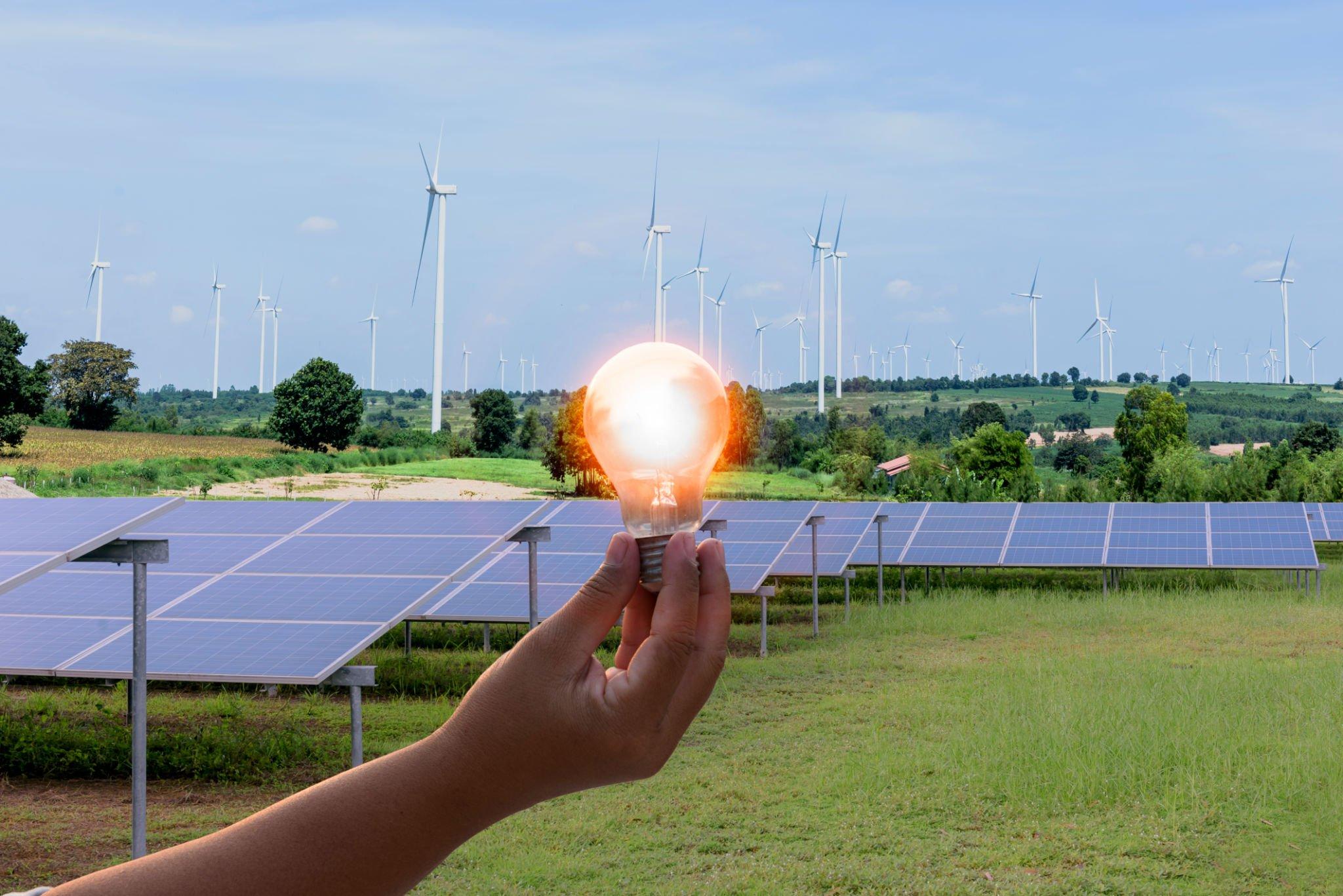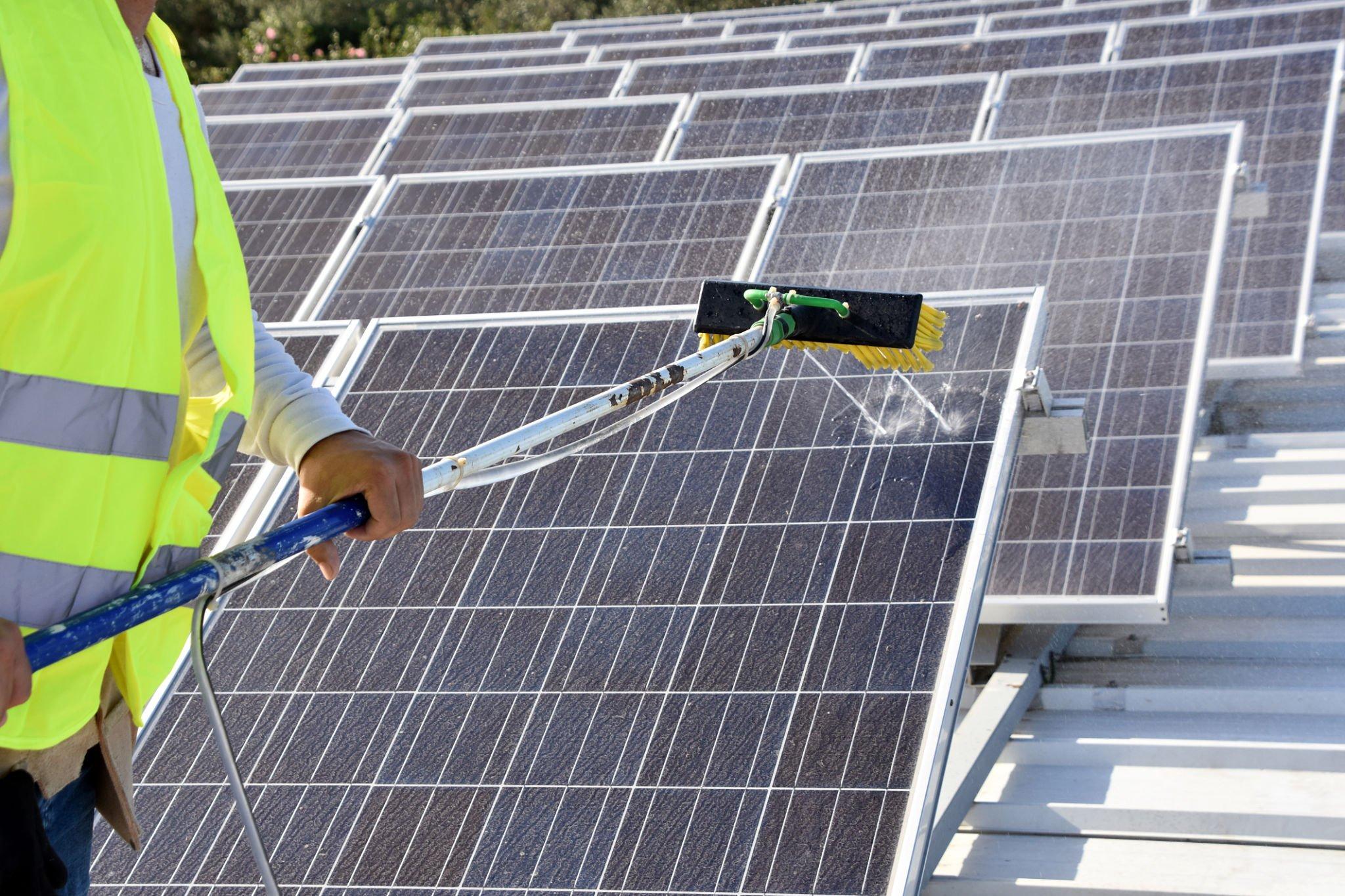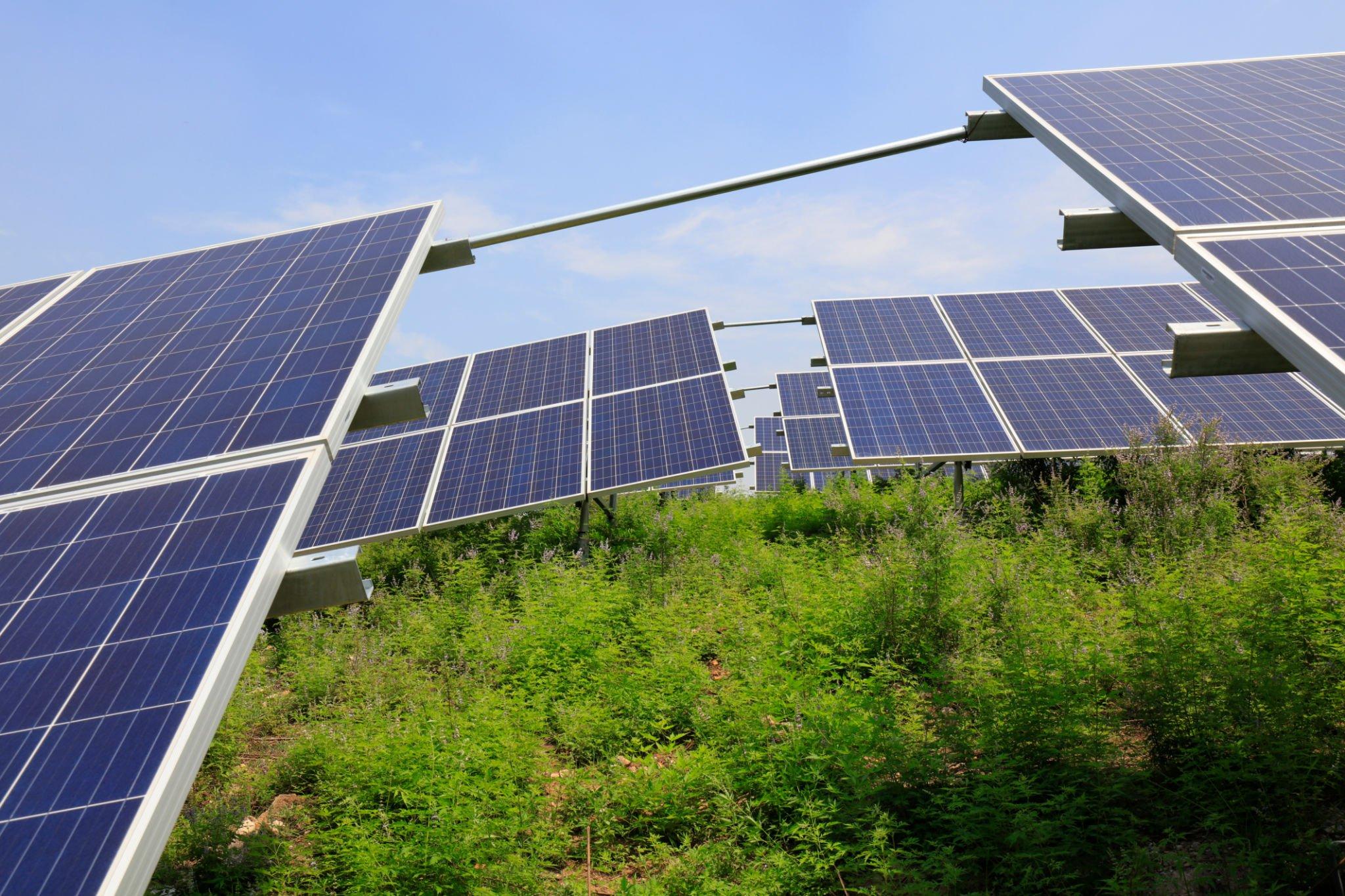
Unleashing the Power of Solar Energy: Exploring Solar Power Plants
Solar power plants have emerged as a key player in the renewable energy landscape, harnessing the abundant power of the sun to generate electricity on a large scale. These impressive facilities are revolutionizing the way we produce and consume energy. Let’s delve into the world of solar power plants and discover their remarkable capabilities:
Renewable Energy Generation: Solar power plants harness the sun’s energy through photovoltaic (PV) or concentrated solar power (CSP) technologies. PV solar power plants utilize solar panels to convert sunlight directly into electricity, while CSP plants focus sunlight to produce heat and generate electricity. By tapping into this renewable resource, solar power plants play a vital role in reducing greenhouse gas emissions and combatting climate change.
Utility-Scale Electricity Production: Solar power plants operate on a utility-scale, producing electricity to meet the demands of thousands of homes, businesses, and industries. These facilities integrate numerous solar panels or mirrors arranged strategically to optimize sunlight absorption. Their large-scale nature ensures significant electricity generation, contributing to the stability and sustainability of the power grid.
Technological Advancements: Solar power plants benefit from continuous technological advancements. Researchers and engineers are constantly innovating to enhance solar panel efficiency, durability, and affordability. Improvements in materials, manufacturing processes, and installation techniques are driving the cost-effectiveness and performance of solar power plants, making solar energy an increasingly viable and competitive option.
Grid Integration and Energy Distribution: Solar power plants are seamlessly integrated into the existing power grid infrastructure. Generated electricity is fed into the grid and distributed to consumers through transmission and distribution networks. This integration helps meet energy demands, reduce transmission losses, and ensure reliable power supply to communities.
Job Creation and Economic Development: Solar power plants have a positive impact on local economies. The development, construction, and maintenance of solar power plants create employment opportunities in various sectors, including manufacturing, installation, operations, and maintenance. Additionally, the economic activity associated with solar power plants contributes to regional growth, attracting investments and fostering sustainable development.
Environmental Benefits: Solar power plants provide numerous environmental benefits. By replacing fossil fuel-based electricity generation, they significantly reduce carbon dioxide emissions, air pollution, and dependence on non-renewable resources. Solar power plants contribute to cleaner air, water conservation, and the preservation of natural habitats, supporting biodiversity and ecological sustainability.
Energy Access and Rural Electrification: Solar power plants play a crucial role in extending energy access to remote and underserved areas. Off-grid or mini-grid solar power plants provide electricity to communities without access to centralized power grids, improving the quality of life, supporting education, healthcare, and economic opportunities.
Storage and Energy Management: Some solar power plants incorporate energy storage systems to store excess electricity generated during peak sunlight hours. Energy storage technologies, such as batteries, enable a stable supply of electricity during cloudy periods or at night when solar energy production is reduced. This integration enhances grid stability, facilitates load management, and maximizes the utilization of solar energy.
Solar power plants are transforming the energy landscape, offering clean, renewable, and sustainable solutions for our energy needs. These remarkable facilities harness the power of the sun, contribute to a greener planet, and provide long-term benefits for communities and economies.
Other News
DATA PROTECTION
WEBSITE COOKIE POLICY
Protecting the privacy of visitors to the website operated by Fellow Energy at (www.fellowsolarenergy.com) is one of our organization’s fundamental principles. This Cookie Usage Policy (“Policy”) explains the types of cookies used and their conditions to all website visitors and users.
Cookies are small text files stored on your computer or mobile device by the websites you visit.
They are commonly used to provide you with a personalized experience while using a website, improve the services offered, and enhance your browsing experience. If you prefer not to use cookies, you can delete or block them through your browser settings. However, please note that this may affect your use of our website. Unless you change your cookie settings in your browser, we will assume that you have accepted the use of cookies on this site.
1. WHAT KIND OF DATA IS PROCESSED IN COOKIES?
Cookies on websites collect data related to your browsing and usage preferences on the device you use to visit the site, depending on the type. This data includes information about the pages you access, the services and products you review, your preferred language selection, and other preferences.
2. WHAT ARE COOKIES AND WHAT ARE THEIR PURPOSES?
Cookies are small text files stored on your device or server by websites you visit through browsers. These small text files, which include your preferred language and other settings, help remember your preferences for your next visit to the site and aid us in making improvements to our services to enhance your experience. This allows you to have a better and personalized user experience during your next visit.
The main purposes of using cookies on our website are listed below:
- To improve the functionality and performance of the website to enhance the services provided to you,
- To enhance the website and offer new features through the website, personalized according to your preferences;
- To ensure the legal and commercial security of the Website, you, and the Institution, and prevent fraudulent transactions through the Site;
- To fulfill legal and contractual obligations, including but not limited to those arising from the Law No. 5651 on the Regulation of Publications Made on the Internet and Combatting Crimes Committed through These Publications and the Regulation on the Procedures and Principles Regarding the Regulation of Publications Made on the Internet.
3. TYPES OF COOKIES USED ON OUR WEBSITE
3.1. Session Cookies
Session cookies ensure the proper functioning of the website during your visit. They are used for purposes such as ensuring the security and continuity of our sites and your visit. Session cookies are temporary cookies that are deleted when you close your browser, and they are not permanent.
3.2. Persistent Cookies
These cookies are used to remember your preferences and are stored on your device through browsers. Persistent cookies remain even after you close your browser or restart your computer. These cookies are stored in your browser’s subfolders until they are deleted from your browser settings.
Some types of persistent cookies can be used to offer personalized recommendations based on your purpose of using the Internet Site.
Persistent cookies allow us to determine if a cookie created by our Internet Site exists on your device when you visit our Internet Site again with the same device. If it exists, we understand that you have previously visited the site, and the content that will be delivered to you is determined accordingly, thus providing you with better service.
3.3. Necessary/Technical Cookies
These are essential cookies for the proper functioning of the visited website, ensuring necessary services by allowing access to secure sections of the website, using its features, and navigating through it.
3.4. Analytical Cookies
These cookies collect information about how the website is used, including the frequency and number of visits, and show how visitors arrive at the site. The purpose of using these cookies is to improve the functioning of the website, enhance performance, and determine general trends. They do not contain data that can identify visitors. For example, they may show the number of error messages displayed or the most visited pages.
3.5. Functional Cookies
These cookies remember the choices made by visitors within the site, ensuring convenience for the next visit. The purpose of these cookies is to provide ease of use for visitors. For instance, they prevent the need for the site user to re-enter their password on each page they visit.
3.6. Targeting/Advertising Cookies
They measure the effectiveness of the displayed advertisements and calculate how many times advertisements are viewed. These cookies aim to present personalized advertisements according to the interests of visitors.
Likewise, they identify specific interests in the navigation of visitors and present suitable content. For instance, they prevent the same ad from being shown to a visitor in a short period.
4. HOW TO MANAGE COOKIE PREFERENCES?
You can change your preferences regarding cookie usage, block or delete cookies by changing your browser settings.
Many browsers offer options to accept or reject cookies, accept only certain types of cookies, or receive a warning from the browser when a website requests to store cookies on your device.
Furthermore, it is possible to delete previously stored cookies from your browser.
If you disable or reject cookies, you may need to manually adjust certain preferences, and some features and services on the website may not function properly as we won’t be able to recognize and associate your account. You can change your browser settings by clicking on the relevant link from the table below.
5. EFFECTIVENESS OF THE WEBSITE PRIVACY POLICY
The Internet Site Privacy Policy is dated 15/08/2023. If the entire Policy or specific articles are renewed, the effective date of the Policy will be updated. The Privacy Policy is published on the Institution’s website (www.fellowsolarenergy.com) and is made accessible to the relevant individuals upon their request.



